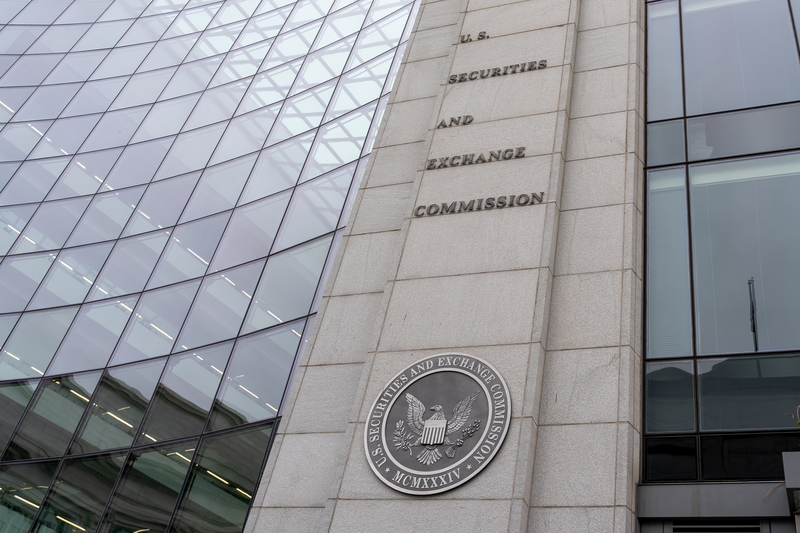The SEC announced that it has filed settled charges against New York-based One Oak Capital Management LLC and its former investment adviser representative, Michael DeRosa. The charges are related to misconduct concerning advisory services provided to their retail clients.
The SEC’s investigation established that from June 2020 to October 2023,
The majority
Register for free to keep reading
To continue reading this article and unlock full access to GRIP, register now. You’ll enjoy free access to all content until our subscription service launches in early 2026.
- Unlimited access to industry insights
- Stay on top of key rules and regulatory changes with our Rules Navigator
- Ad-free experience with no distractions
- Regular podcasts from trusted external experts
- Fresh compliance and regulatory content every day












